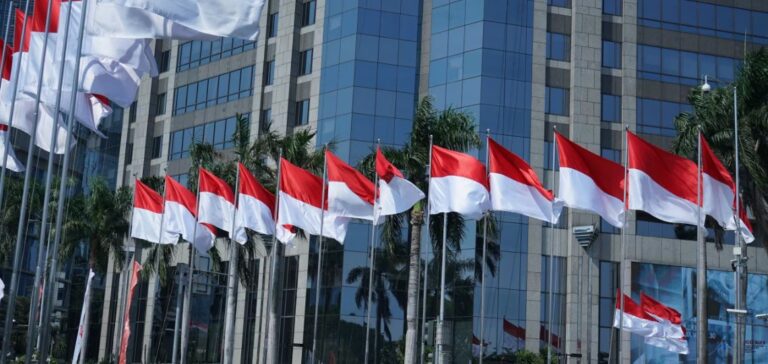Indonesia, the largest economy in Southeast Asia, has revealed its intention to invest 40 billion dollars (38.1 billion euros) in 2025 in 21 major energy projects. The initiative, announced by the Minister of Energy, Bahlil Lahadalia, is part of a plan to increase the country’s capacity to refine raw materials, particularly oil and nickel, while supporting a gradual energy transition.
Energy projects to diversify resources
Indonesia, a key player in the coal sector and one of the world’s largest emitters of greenhouse gases, is looking to diversify its energy sources. These projects include, among other things, the production of dimethyl ether (DME), a domestic alternative to liquefied petroleum gas (LPG). In 2023, a significant portion of the LPG consumed in the country was imported, prompting the government to explore domestic solutions to reduce this dependence.
Enhancing economic and industrial competitiveness
The 21 energy projects are also designed to boost the local industry. These initiatives aim to create quality jobs and increase added value to the Indonesian economy. One of the key objectives of these investments is to contribute to the country’s economic growth, with annual growth forecasts set between 5 and 8% by President Prabowo Subianto. These projects align with the country’s long-term goals, including the gradual reduction of dependence on coal and the reduction of greenhouse gas emissions.
Financing through the Danantara sovereign wealth fund
The financing for these projects will be partly provided by the Indonesian sovereign wealth fund, Danantara, which was launched in February 2025. This fund, whose assets are expected to reach 900bn USD in the future, will play a central role in financing energy and industrial infrastructure. Additionally, the government has emphasised that the initiative will help increase tax revenues and generate added value in strategic sectors for the country’s economy.
Contested budget adjustments
However, the implementation of these projects coincides with significant budgetary adjustments. President Prabowo has announced cuts in government ministries in order to finance electoral promises, such as a free meal programme for schoolchildren and pregnant women. These decisions have sparked student protests in several major cities, with opposition to the reductions in social spending. This situation highlights the tensions between the Indonesian government’s economic and social priorities.






















